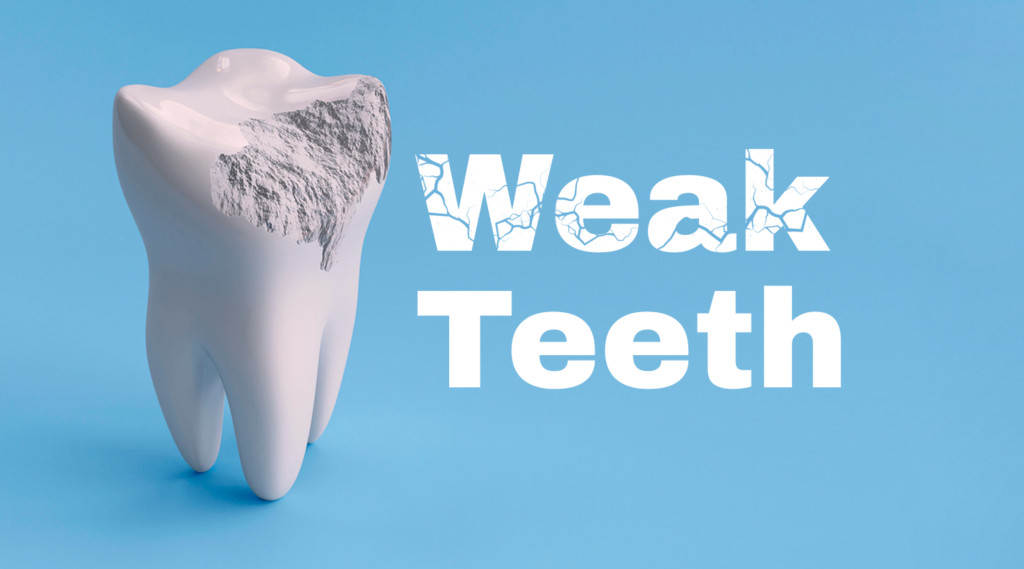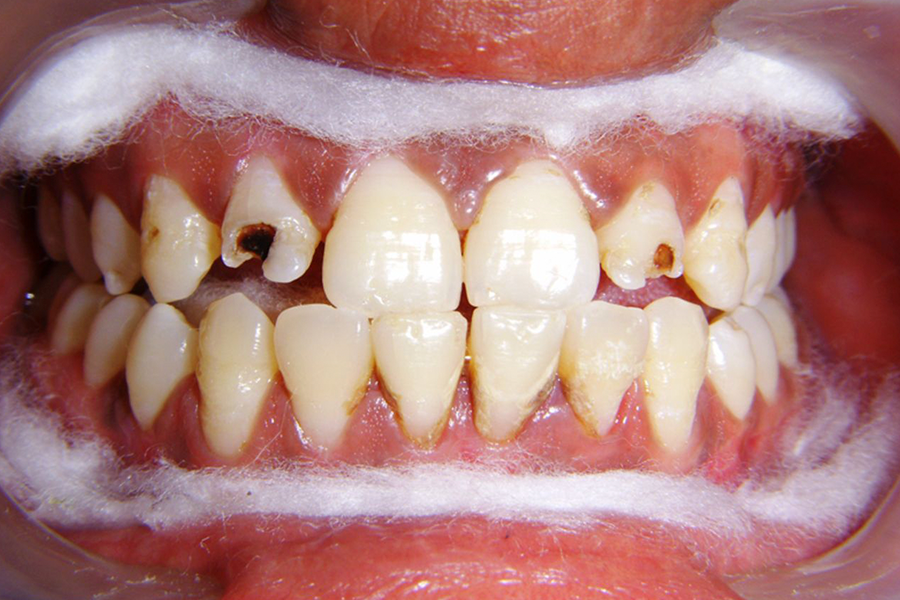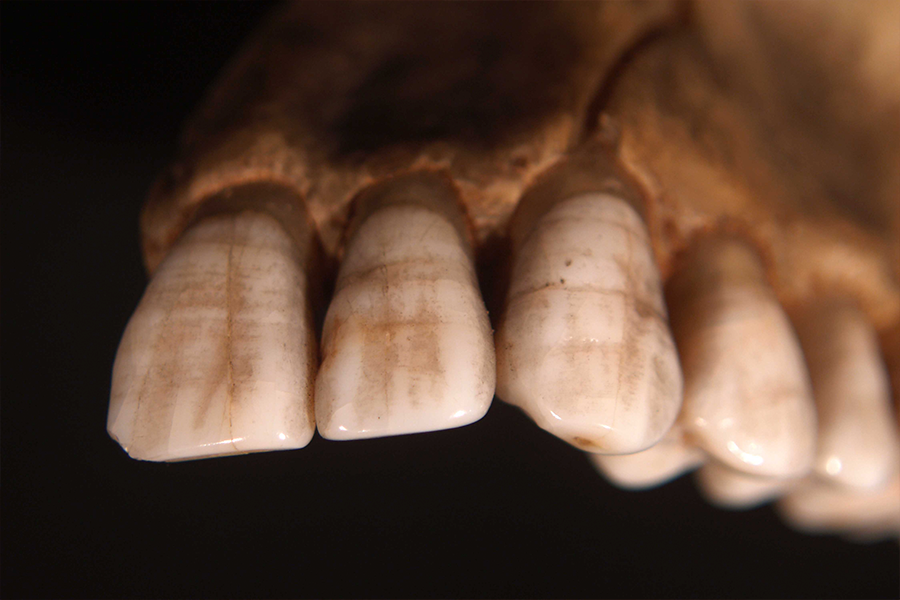Hypoplastic teeth, also known as enamel hypoplasia, occur when the enamel of your teeth does not form properly. There are a variety of causes for this, including diseases, prenatal difficulties, and environmental factors.
Enamel problems are most common as your teeth are growing, but they can affect both your baby and adult teeth.
Enamel hypoplasia is a condition in which the enamel is thin or pretty much gone. Depending on the case, the flaw affects only a portion of a tooth’s surface, causing pits or grooves in the enamel.
Enamel hypoplasia is probably the last thing you want to worry about. Trying to understand it might be a bit confusing because of the amount of information out there.
So let’s simplify it to help you find out more about this condition and how you can treat it before it worsens.
But First Things First, What Is Enamel?
Believe it or not, it’s your body’s toughest tissue. It’s even ranked among the strongest materials in the world, among diamonds. Enamel is a calcium phosphate crystal structure with a strong composition that can survive for decades. Aren’t we lucky?
As time goes on and we grow, enamel has to tolerate a lot of pressure in your mouth. Acids from meals and microorganisms chew away at it all the time. That’s why it’s so important to watch out for what you eat and even the habits you have.
It is occasionally exposed to extremely cold or extremely hot conditions. Remember that brain freeze you get when biting on ice cream? Yeah, that affects your enamel too.
When you chew, bite, crunch, or grind something, you apply different forces to it. Enamel very, unfortunately, does not regenerate. Enamel does not regenerate or repair itself once it has been damaged.
Now you know why dentists won’t leave you alone about eating healthy and brushing your teeth. And why you can’t lie to them about flossing. It is all to help you protect your precious permanent teeth.
How to Know If You’re Dealing With Hypoplasia
Some indicators of enamel hypoplasia are clear, while others are more difficult to spot and may go unnoticed until they cause serious dental issues. Excessively thin tooth enamel can cause:
- Teeth with white dots
- Teeth that are easily discolored
- On the enamel surface, there are grooves or depressions.
- As the dentin, or the layer beneath the enamel, is exposed, teeth become more sensitive.
- Bacteria, like plaque, sticks to your teeth and can easily penetrate them.
- There are more cavities.
What Are the Enamel Hypoplasia Causes?
Amelogenesis Imperfecta, also known as congenital enamel hypoplasia, is a genetic disorder that causes enamel hypoplasia. This dental ailment can result in tiny teeth and a variety of other oral issues.
A variety of factors can induce enamel hypoplasia:
- Drug abuse in mothers
- Smoking
- Weight gain during pregnancy
- Deficiency in vitamin D
- Infection
- Trauma to the teeth
- Irritable Bowel Syndrome (IBS)
- Celiac disease
- Usher syndrome
- Seckel syndrome
Can You Treat Enamel Hypoplasia?
Enamel strengthening is the most effective and straightforward treatment for enamel hypoplasia. Always keep in mind that teeth with poor enamel are more prone to decay.
As a result, it’s critical to safeguard your teeth from cavity-causing bacteria that erode the enamel. Aside from brushing and flossing regularly, there are a number of other things you can do to improve your teeth enamel:
- Teeth whitening to level out tooth color differences.
- Dental crowns for tooth restoration.
- Purchase dental caps to safeguard your teeth.
- Fluoride is used to clean teeth thoroughly.
The severity of the problem mostly determines treatments for enamel hypoplasia. Dentists recommend treating enamel hypoplasia with careful attention to the damaged tooth and regular dental maintenance for milder cases.
Severe cases, on the other hand, may necessitate additional therapy. Dental cleaning, scaling, and other aesthetic procedures, for example, may help to whiten and clean the affected area.
Contact Dr. Serena Kurt, the kindest dentist in Clairemont, and protect your teeth before it’s too late. We have the best technology and expertise to care for your smile how you deserve it.







